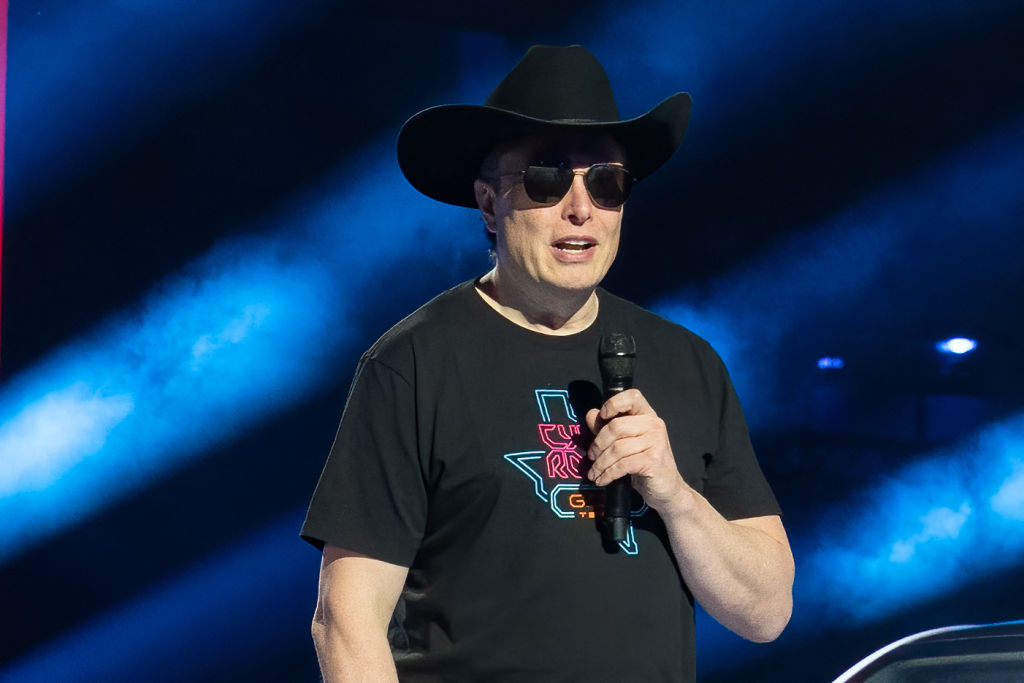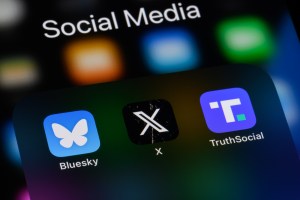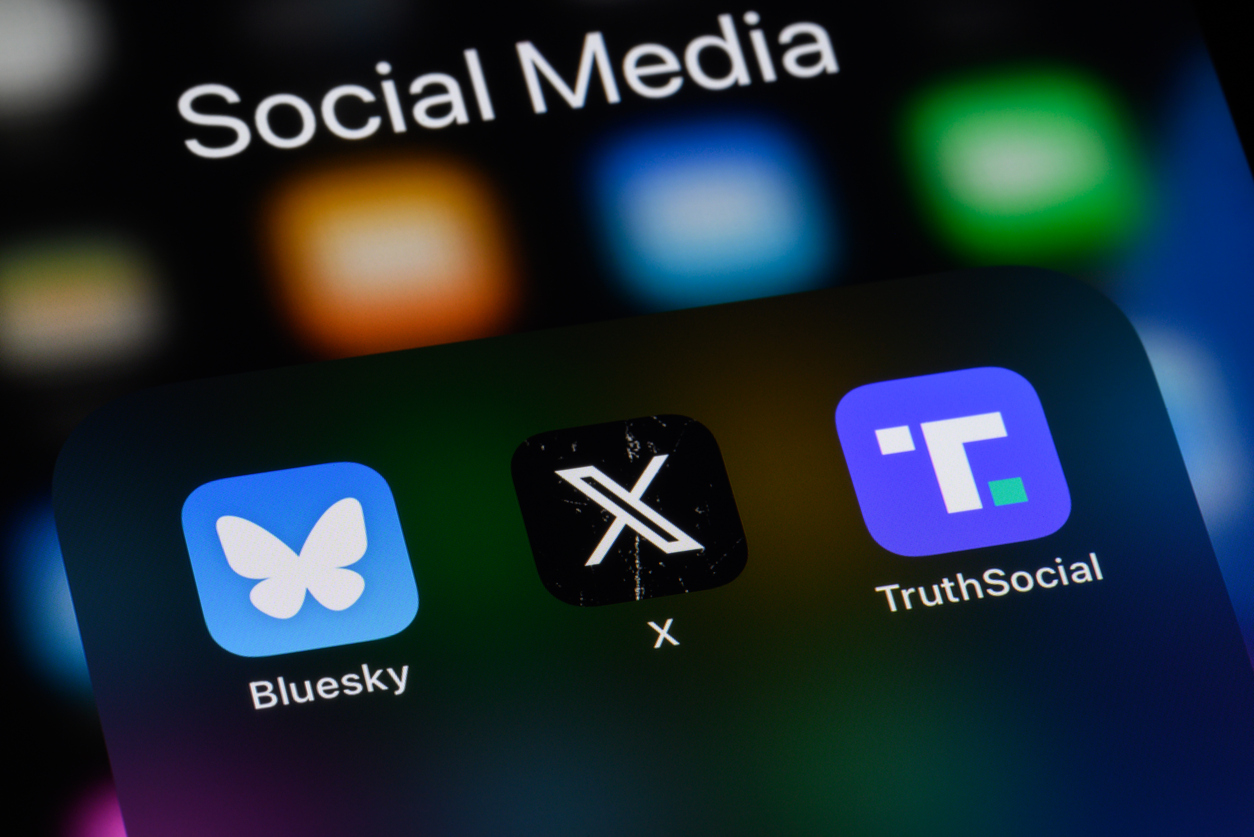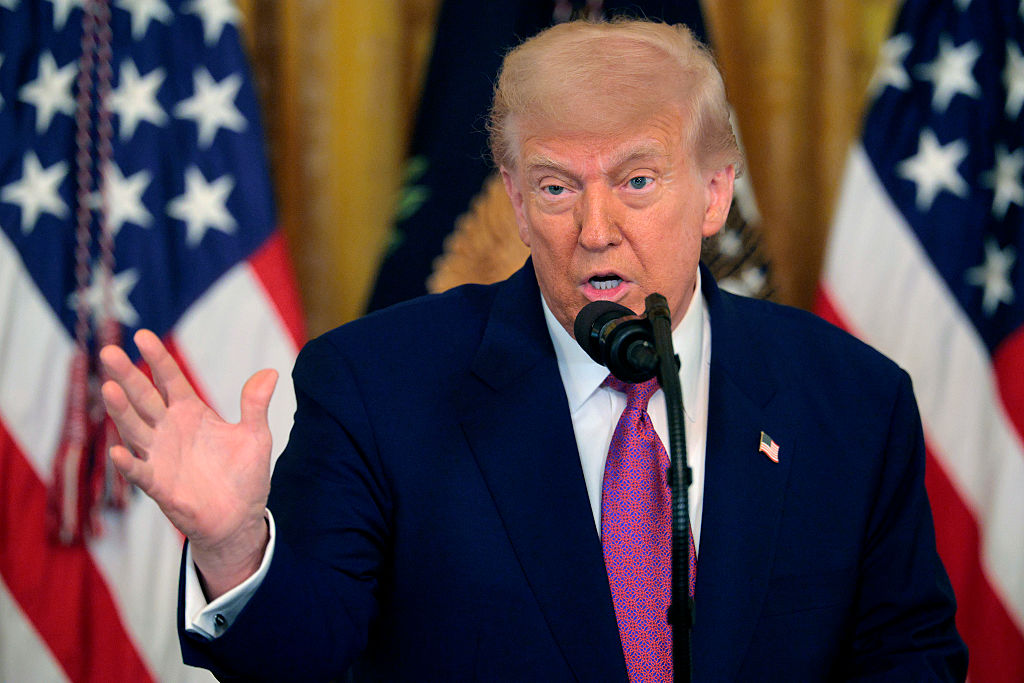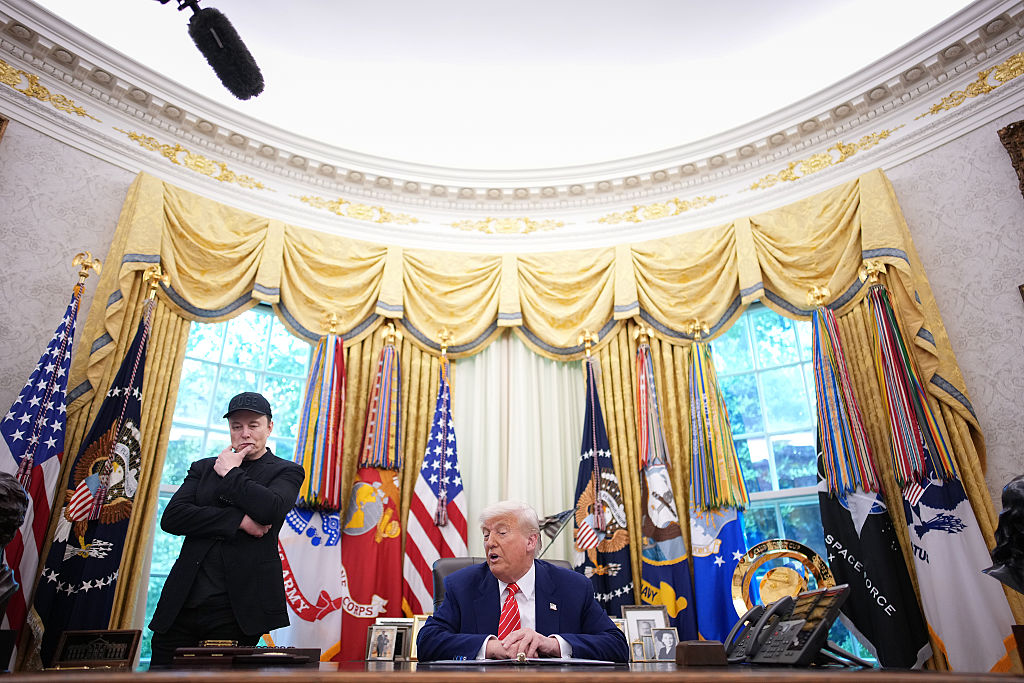Oh, to have been a fly on the wall in the C-suite at Twitter on Thursday afternoon. The social media company’s San Francisco headquarters reportedly played host to an all-hands meeting in which concerned employees were given the chance to ask questions about billionaire Elon Musk’s offer to buy their company.
Their panic is not entirely without merit — Musk has floated the idea of turning Twitter’s building into a homeless shelter. Yet it’s worth noting that Twitter’s employees have been told they can work from home indefinitely, and their questions were delivered to a largely empty building via the messaging app Slack.
The meeting followed a dramatic series of events over the past two weeks in which Musk — a frequent critic of Twitter’s content moderation policies — purchased enough shares to become Twitter’s largest shareholder. He was offered a seat on its board of directors provided that he not acquire more than a 14 percent stake. He then reversed his decision to accept the seat and made an offer to purchase the remaining shares of the company, taking it private.
One particular employee question stands out: “Are we going to start inviting any and all billionaires onto the board?” (I’m reminded of a boss early in my career who told me that some people have trouble distinguishing between “working for” and “working with.”) Twitter CEO Parag Agrawal gave the perfectly sensible answer that he believes input from critics can strengthen an organization and that he must take into account the interests of shareholders.
Yet the employee’s anti-billionaire sentiment is shared by many of Twitter’s most influential users — sort of. In reality, these influencers don’t have a problem with billionaires per se so much as this particular billionaire, owing largely to his free speech absolutism.
Business Insider, for example, tweeted a piece that warned, “Elon Musk’s attempt to buy Twitter represents a chilling new threat: billionaire trolls taking over social media.” This is a far cry from their tone way back in 2013, when they tweeted that “Billionaire Jeff Bezos’ Washington Post buy marks a fascinating cultural transition in America.”
So for those keeping score at home: libertarian tech billionaire buys a tech company? Bad. Left-leaning tech billionaire buys most important legacy media property in America’s most powerful city? Good.
This hypocrisy, however, is nothing compared to the gloom-and-doom predictions from other media figures. MSNBC’s Katy Tur warned her viewers that Musk’s ownership of Twitter could have “real and devastating” and “massive, life and globe-altering” consequences for democracy — such as the reinstatement of the account of Donald Trump. (MSNBC was founded as a joint venture between NBC and Microsoft, the tech firm of billionaire Bill Gates.)
An article from new media venture Axios, meanwhile, opines that “the world’s richest man — someone who used to be compared to Marvel’s Iron Man — is increasingly behaving like a movie supervillain, commanding seemingly unlimited resources with which to finance his mischief-making.” (Axios’s backers include multi-billion dollar hedge fund Greycroft. They were founded on the promise that “we will never have an opinion section.”)
Columnist Max Boot tweeted that he is “frightened by the impact on society and politics if Elon Musk acquires Twitter. He seems to believe that on social media anything goes. For democracy to survive, we need more content moderation, not less.” I am not a fellow at the Council on Foreign Relations, as is Boot, but it strikes me as a novel argument that democracy — a political theory rooted in deliberation — benefits from less speech. Boot is also a columnist at Bezos’s Washington Post, natch. One of Boot’s followers replied, “when the media platforms are in the hands of billionaires, we are screwed.” Who wants to tell him?
Yet it was journalism professor Jeff Jarvis who perhaps did the best job of capturing elites’ deflated spirit over Musk. “Today on Twitter feels like the last evening in a Berlin nightclub at the twilight of Weimar Germany,” Jarvis tweeted.
Jarvis is likely unaware of the irony behind his invocation of a period characterized by brutal inflation and unsustainable decadence. His focus, typical of Twitter’s elites, is on his own feelings. He is worried that his party has ended. Media figures spend all day hanging out on Twitter, so they overstate the impact it will have if things don’t go their way. They are as blind to the tone deafness of billionaire-funded arguments against billionaire media as they are to their own hypocrisy.
Perhaps they needn’t worry. Billionaires — the right kind — have circled the wagons. That includes other large Twitter shareholders like massive hedge fund Vanguard, which yesterday leapfrogged Musk as Twitter’s biggest shareholder without offering comment as to their motives; Prince Alwaleed bin Talal Al Saud, a member of Saudi Arabia’s repressive regime, who tweeted a public rejection of Musk’s offer; and activist hedge fund BlackRock and megabank Morgan Stanley Investment Management, both of which have also been curiously silent over a decision of great consequence for their clients’ money.
Musk, for his part, has done his best to defend the merits of his offer. He’s held virtual court with Twitter users, one of whom reminded him that former Twitter employees had been busted for spying on behalf of the Saudi government. And back at Twitter, where the employees are reportedly, like, totally “super stressed” over all of this? Agrawal soothed them that they are not “held hostage” by Musk’s offer and that “we as employees control what happens.”
There’s that confusion about “working for” and “working with” again.



